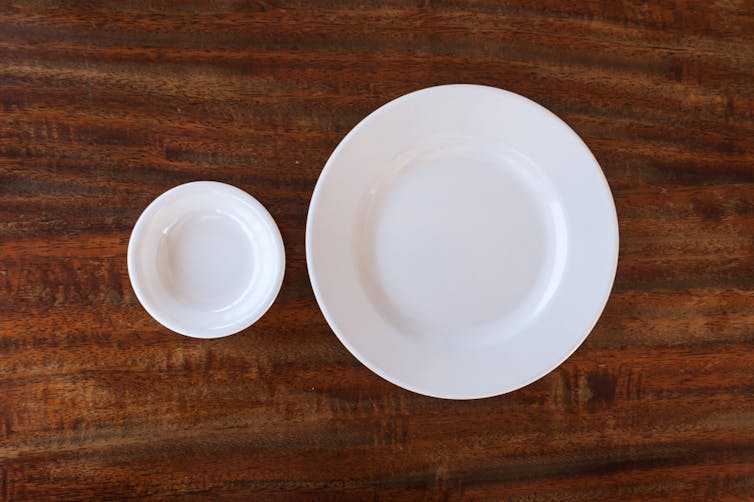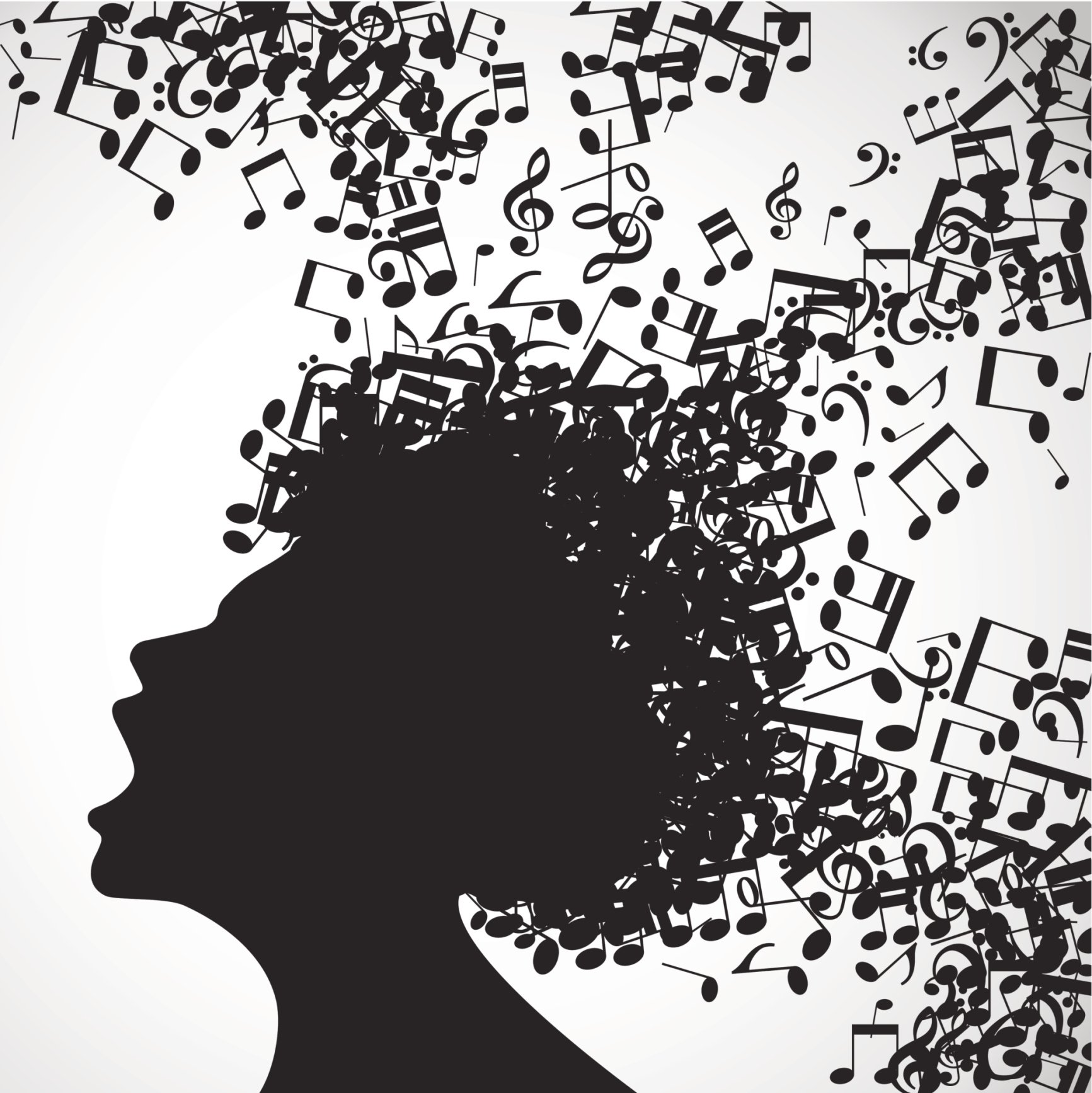
Source: The Conversation
Madison McGuire
While there might be days during pregnancy when women feel extremely hungry, the idea that those expecting are “eating for two” is misleading. Substantial weight gain during pregnancy increases the risk of gestational diabetes, high blood pressure, or a large baby and the need for a cesarean birth.
Contrary to popular belief, energy needs do not change during the first trimester. And, on average, only 300 more calories are to be consumed each day during the last six months of pregnancy.
A recent survey revealed that more than two-thirds of pregnant women are unaware of how many extra calories to eat. While it is important to consume enough nutrients, pregnant women can feel pressure from others to eat larger meals. Poor eating habits make it harder for moms to lose the excess weight after delivery. Larger babies that are born from overweight women are at higher risk for obesity and other significant health problems, such as jaundice and metabolic syndrome.
Women are advised to choose healthy foods that give more “nutritional bang for their calorie buck.” While constant cravings are a normal part of pregnancy, the “eating for two” rationale should not be used to binge on unhealthy snacks or grab two plates every meal.
https://www.webmd.com/baby/features/pregnant-eat-for-two-right
https://www.fitpregnancy.com/nutrition/prenatal-nutrition/eating-two


